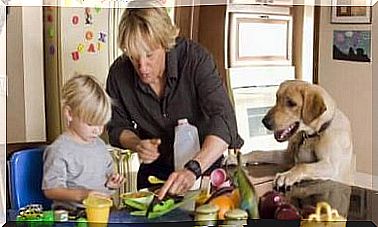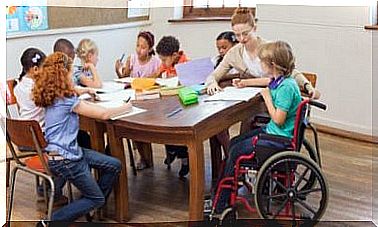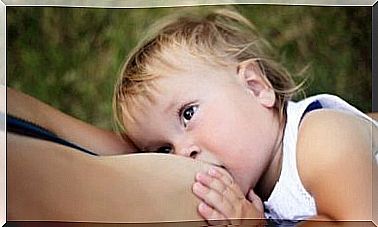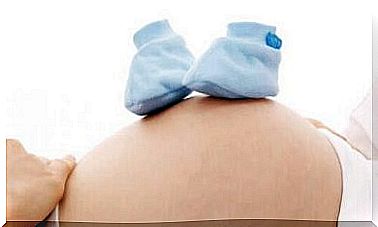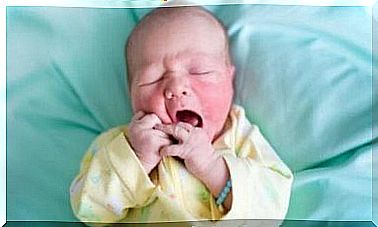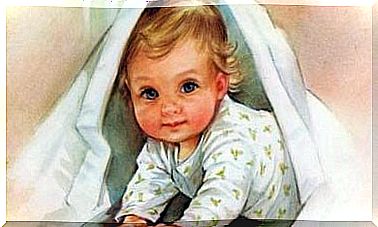How Depression Affects The Relationship Between Mother And Child
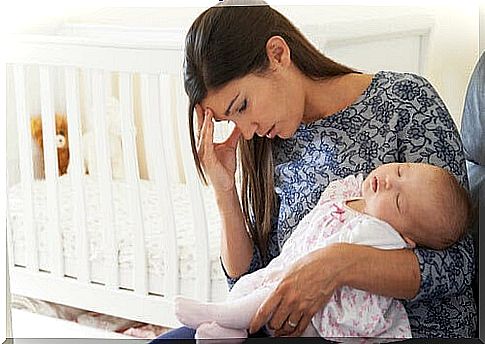
It is important to know how depression affects the mother-child relationship because it is more common than you might think.
When a woman gives birth to a child, a magical connection arises between the two. But several things can break or damage this important bond.
After undergoing childbirth, many women experience a roller coaster of emotions that can take them from dizzying happiness to deep sorrow and back in one day.
There can be several different reasons, but the important thing to note here is how these mood swings can affect the child (either positively or negatively).
It is common for first-time parents to feel fear and frustration during their first days in their new role. However, it is important to understand how these feelings can directly affect children, as well as their family and social environment.
The important thing when you see signs of depression is to seek professional help immediately so as not to prolong the symptoms and affect the child’s development.
Even if this shows up when the child is a little older, it can still affect. The child is always looking for a way to please his mother, even if it causes him or her suffering.
How depression affects the relationship between mother and child
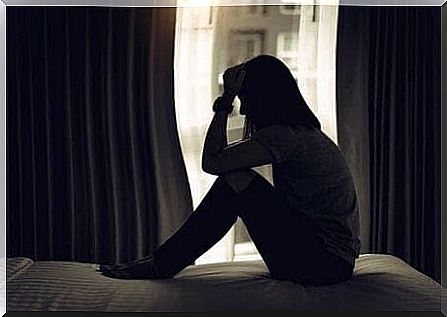
The English psychoanalyst Donald Winnicott showed important advances in the treatment of depression in mothers. In addition, he investigated how depression affects the relationship between mother and child.
He became interested in studying these cases after visiting and observing the symptoms of a patient who was in this particular position.
The patient was worried about her son’s weight loss, but she concealed that her reality at home was anything but ideal. She was beaten by her husband, and her children, when present during the abuse, showed a lack of appetite.
Although the child began to get hungry again not long after , the psychoanalyst recommended that the mother go to therapy.
How depression affects the relationship between mother and child
Changes in behavior
When a mother is depressed, it is common for her not to be able to give love to her child, at least not as much as she should. This can have serious and varying consequences.
In many cases, when children become violent and aggressive, it stems from the fact that they do not receive enough attention and affection at home, often in connection with a complete neglect of their needs.
Depression can affect the mother’s mental health so much that she can stop paying attention to her children completely without taking into account the consequences.
Uncertainty
A mother is responsible for offering her children security, peace and stability.
When a mother is depressed, her priorities change and she may begin to stop giving the emotional protection she needs to give her children.
This can lead to the children completely withdrawing from their social environment and that they feel rejected and suffer from a lack of self-confidence and trust in others.
A deficiency in the natural bond between mother and child
When a mother suffers from depression, she neglects to give her child the attention he needs and deserves, which weakens the bond between them. The child can then not establish the connection he should have with his mother.
In such cases, the needs of the child must be met by someone else. But even if the father or mother’s partner is at hand, they do not have the same magical and natural connection to the child that a mother has, which protected him in the womb for 9 months.
Perhaps the child’s most basic needs can be met. But it will never be exactly the same when it comes from a person other than the mother.
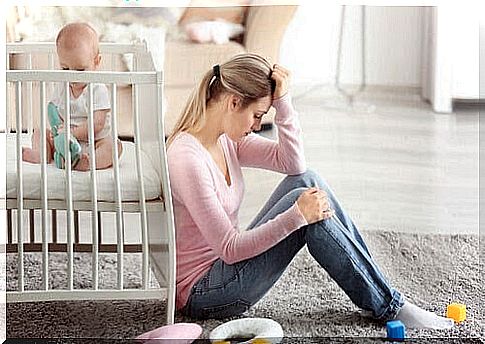
The mother becomes absorbed in herself
Depressed mothers cannot interpret their baby’s signals properly.
By isolating herself in her own thoughts and not paying attention to her surroundings, the mother can not even understand how her depression affects her relationship with her own child.
A depressed mother lives an unstable and unhealthy life. This may sooner or later have consequences for her children.
It is important for mothers suffering from depression to receive psychological help and treatment as soon as possible to prevent problems from occurring in the future.
